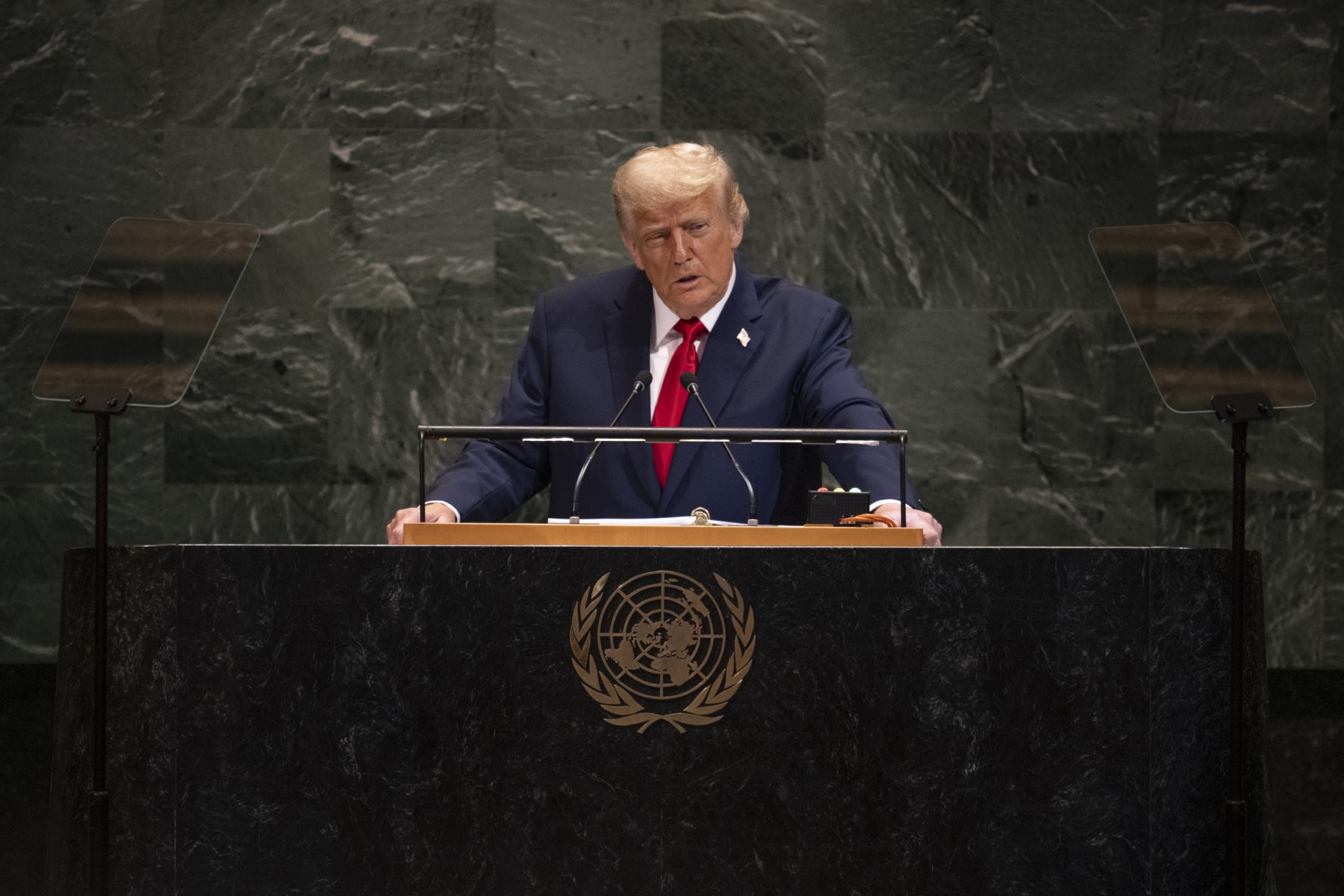Historically sceptical about European Union efforts to deepen cooperation, on June 1 Danes will choose whether to abandon the country’s decision made three decades ago to opt out of the bloc’s common defence policy. The Danish referendum comes as the latest example of European countries seeking closer defense links with Western allies in response to Russia’s invasion of Ukraine. It follows Sweden and Finland’s historic decision to join NATO, ending decades of neutrality.
Danish leaders argue that the regional security situation has changed since the war in Ukraine, calling for Denmark to work more closely with the EU on defence issues.
“I believe with all my heart that we have to vote yes,” the Danish Prime Minister Mette Frederiksen said during a televised debate on Sunday. “At a time when we need to fight for security in Europe, we need to be more united with our neighbours.”
What would it mean for EU and Denmark?
Denmark, a founding member of NATO and an EU member since 1973, has stayed on the sidelines of EU efforts to build a common security and defense policy in parallel with the trans-Atlantic alliance. Its defence reservation came about after Denmark rejected the 1992 Maastricht Treaty on closer EU integration.
Since then, Denmark has played no part in most European defence and security initiatives. As BBC explains, this means that the Danes are “not invited to meetings, have little influence and cannot take part or finance any military operations.”
A “yes” vote would mainly be viewed as a symbolic win in Brussels, according to Kristian Soby Kristensen, a senior researcher at Copenhagen University’s Centre for Military Studies. Denmark joining the EU Defence Policy, he says, would have a relatively modest impact on Europe’s security situation, particularly compared to Sweden and Finland joining NATO.
For Denmark, joining the EU’s Common Security and Defence Policy would enable it to take part in decision-making processes as well as in joint EU military operations, such as those in Somalia, Mali and Bosnia and Herzegovina.
It would also open Denmark’s door to other European security agencies, which Ms Frederiksen points out could help Denmark tackle cyber security threats together with EU allies, which it currently can’t do.
Will the referendum pass?
The latest polls suggest that as many as 44% of Danes are in favour of scrapping the defence reservation and that 28% oppose it. However, turnout among the eligible 4.3 million voters is expected to be historically low and almost one in five voters are predicted to remain undecided.
There is widespread support for dropping the defence opt-out decision in parliament, with only three small parties (out of 14 in total) wanting to maintain it: Two right-wing Eurosceptic parties and one left-wing party. Among their concerns are fears that deepening EU defence ties might undermine Denmark’s place in NATO, and uncertainty about involvement in joint EU military operations.
Polls open at 6 am GMT on Wednesday and close at 6 pm. The final result is expected Wednesday before midnight.
Editor’s Note: The opinions expressed here by Impakter.com columnists are their own, not those of Impakter.com — In the Featured Photo: Danish Prime Minister Mette Frederiksen. Featured Photo Credit: ScandAsia.














